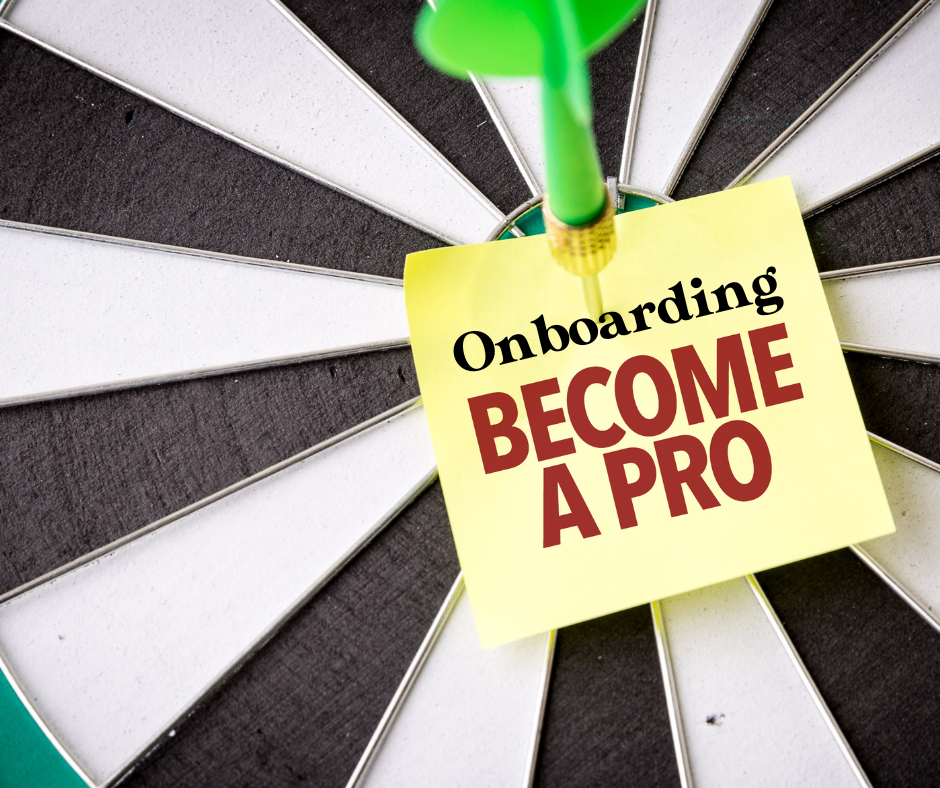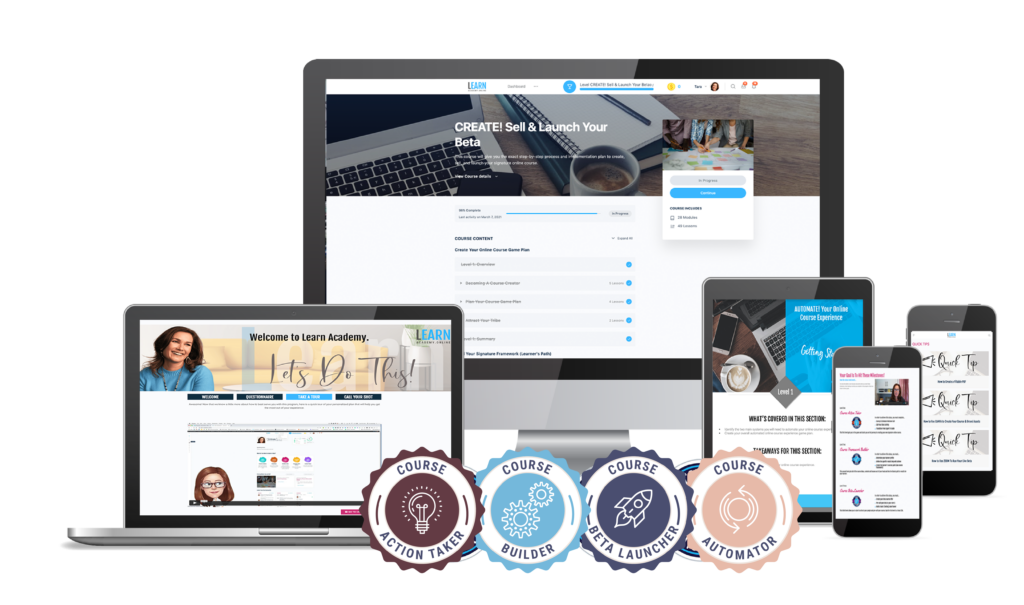Onboarding is more than just a buzzword —it’s the secret sauce that turns new buyers into loyal customers and new employees into engaged team members.
Whether you’re a business owner onboarding new customers or a manager welcoming new hires, mastering this process will make a huge difference for long-term success.
In this post, let’s walk through the key steps to onboard like a pro, ensuring that your onboarding process sets the stage for a successful relationship from day one.
Why Onboarding Matters
Making a positive first impression is the foundation of any successful relationship, be it with customers or employees.
For customers, a strong onboarding process ensures they feel confident in their decision to work with you.
For employees, it’s about making them feel welcome, valued, and prepared to hit the ground running.
In both cases, onboarding is your first chance to make a lasting impression. Do it right, and you’ll set the tone for a positive, productive partnership.
Do it poorly, and you risk losing trust and engagement before things even get off the ground.
Step 1: Prepare Before Day One
Onboarding starts even before the first interaction. Preparation is key to making sure everything runs smoothly.
Here’s how:
– For your customers: Send a welcome email or package that outlines what they can expect. Include any necessary paperwork, contracts, or initial resources they need to review.
This is a great time to set up a welcome call or meeting to go over expectations, goals, and timelines.
– For Employees: Ensure that all their tools, accounts, and workspace are ready before they start. This includes setting up their email, access to necessary software, and preparing their work area.
Send them a welcome packet with an overview of your company culture, values, and what their first week will look like.
Step 2: Create a Personalized Experience
Personalization is key to making your new client or employee feel valued.
Here’s how you can tailor the experience:
– For Customers: During your welcome call or meeting, take the time to uncover their specific needs, goals, and concerns.
Provide them with a ‘customized’ onboarding plan that outlines the steps they’ll be taking with you.
–For Employees: Take the time to get to know your new hire on a personal level. Uncover their career goals, interests, and any concerns they might have.
Pair them with a mentor or buddy who can help them navigate the company culture and answer any questions they may have.
Step 3: Provide Clear, Actionable Guidance
One of the biggest mistakes in onboarding is overwhelming new customers or employees with too much information at once.
Instead, provide clear, actionable guidance:
– For Customers: Break down their experience path into manageable steps.
Provide clear instructions for each step, along with any resources or support they might need.
Regularly check in to ensure they’re on track and address any questions or concerns as they arise.
–For Employees: Structure their first week with a clear schedule of training sessions, meetings, and tasks.
Provide them with a detailed onboarding checklist that outlines what they need to learn and accomplish in their first month.
Make sure they know who to reach out to if they have any questions.
Step 4: Communicate Consistently
Communication is the backbone of successful onboarding. Keep the lines of communication open and transparent:
– For Customers:
Pre-load automated check-ins throughout the onboarding process to discuss progress, address any concerns, and adjust the plan as needed. Make sure they know how to join group coaching calls, reach out to you in a direct message or the support (team) if they have any questions or need support.
–For Employees: Hold regular one-on-one meetings to discuss their progress, answer any questions, and provide feedback. Encourage open communication and let them know that their input is valued.
Step 5: Ask for Feedback
Onboarding is a two-way street. Gathering feedback not only helps you improve the process but also shows your new client or employee that you value their experience.
– For Customers: After the onboarding process is complete, ask for their feedback.
- What did they find helpful?
- What could have been improved?
Use this feedback to refine your onboarding process for future clients.
– For Employees: Schedule a feedback session at the end of their first month to discuss their onboarding experience.
Ask what went well and what could be improved.
This will help you fine-tune the process and ensure that future new hires have an even better experience.
Step 6: Celebrate Milestones
Recognizing achievements during the onboarding process can go a long way in building a positive relationship:
–For Customers: Celebrate the completion of their onboarding process with a small token of appreciation, such as a discount on future programs, a bonus or a personalized thank you note. This reinforces the positive relationship and shows that you’re invested in their success.
– For Employees: Acknowledge their progress with a small celebration or a shoutout during a team meeting.
This helps them feel valued and appreciated as they continue to integrate into your team.
Onboarding is your first and best opportunity to set the stage for a successful relationship, whether you’re working with clients or bringing new employees onto your team.
By preparing in advance, personalizing the experience, providing clear guidance, maintaining consistent communication, gathering feedback, and celebrating milestones, you can onboard like a pro and create lasting, positive impressions that lead to long-term success.
Remember, onboarding isn’t just a process—it’s an experience. Make it count.







